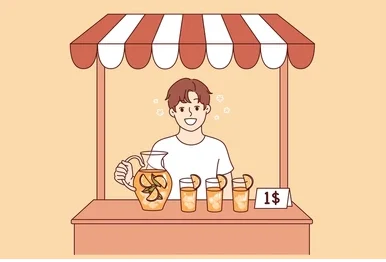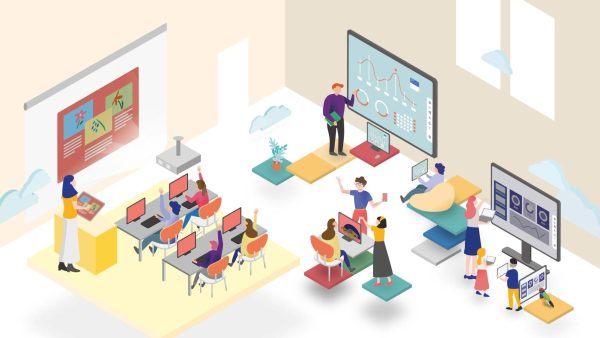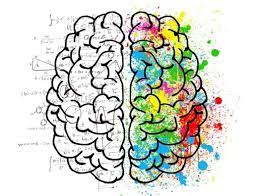The science behind getting good at video games
Why do random people go professional in competitive video games? This phenomenon isn’t random. Certain people are more likely to be able to get good at video games, but who falls into this group? There are many factors contributing to a person’s ability to improve at games. There are even more factors that affect how fast you can improve. One of the main factors that contribute to improvement in anything is time.
A common misconception is playing more games weekly will cause higher improvement rates. Although researchers from Brown University observed player data from a different angle. “those who played four to eight matches per week gained the most skill per match.” this group succeeded by those who played eight to sixteen matches per week. This research suggests those who play fewer games see more benefits. Playing less during a week should lead to improving more between matches.
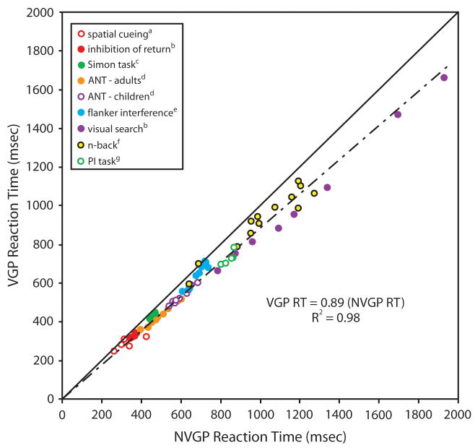
Other factors include physical skills. This follows suit with a recognized concept found in most gaming communities. Improving as a player in video games is genetic. Although this is true, it isn’t limiting. A person’s physical reaction time is in their genetics but is also trainable. Studies led by Cognitive Sciences at the University of Rochester found exciting details. The team discovered that playing games often causes a higher physical reaction time. (how long it takes a person to react with a physical response.) Those who don’t play video games tend to react slower. On average, this difference is 11% which equates to 27.5 ms.
Although modern player-versus-player games introduce skill-based-match-making (SBMM), making it difficult to visualize improvement. We can visualize higher skill levels by observing concerns about faster reaction times. The studies published by the Uni. of Rochester noticed quicker reaction times led to trigger happiness. Players were firing their weapons at stimuli that are not there.
How do video games benefit you? Having a higher reaction time has shown many benefits in cognitive tests. These benefits slow the natural decline in visual search, memory, and spatial-reasoning tasks. Researchers from Rochester believe that video games improve processing speeds. Scientists believe video games are a suitable treatment for brain trauma victims. This treatment could work for anyone with a slower processing speed.
Many professional gamers believe there’s a perfect training regimen to improve the quickest. What do you need to do to improve at video games? Many types of programs or games have the intention of training your aim. Games like Kovaaks have scenarios designed to improve your aiming processes.
Players should start moving their cursor at a slow speed, but more precise. This helps build up muscle memory and independence. Increasing your speed over time will allow your aim to stay steady at higher speeds.
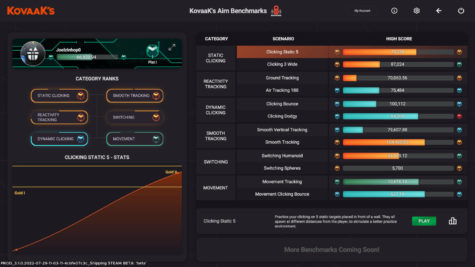
Although aiming is a common weakness, it is one of the factors for improvement. Certain games rely on different types of aiming, but what should you focus on? The three core types of aiming are Flicking, Tracking, and Target Switching. Battle royales reward those with higher tracking accuracy as the time to drop a target is higher. Titles such as Rainbow Six Siege encourage flicking as the time-to-kill is much faster. Target Switching is the least known aiming type. Target Switching is the movement between targets. At high levels of play, individuals have quick and accurate target switching. This allows players to cut downtime between eliminating targets.
Although there are many benefits to being good at video games, it isn’t your only option. Sports improve your reaction time and processing speed at comparable speeds. There are many options available for improving processing speeds.

Robert Velasco is a 17-year-old student attending Jenison High School as a senior. Robert is a Trombone and Baritone player for the Jenison Symphonic,...






